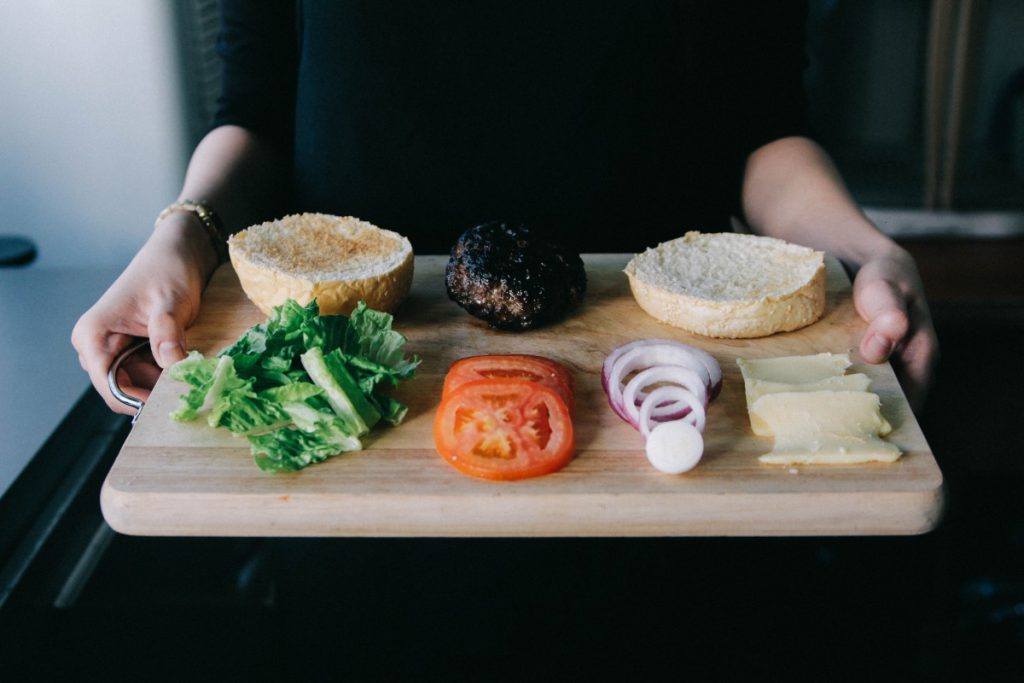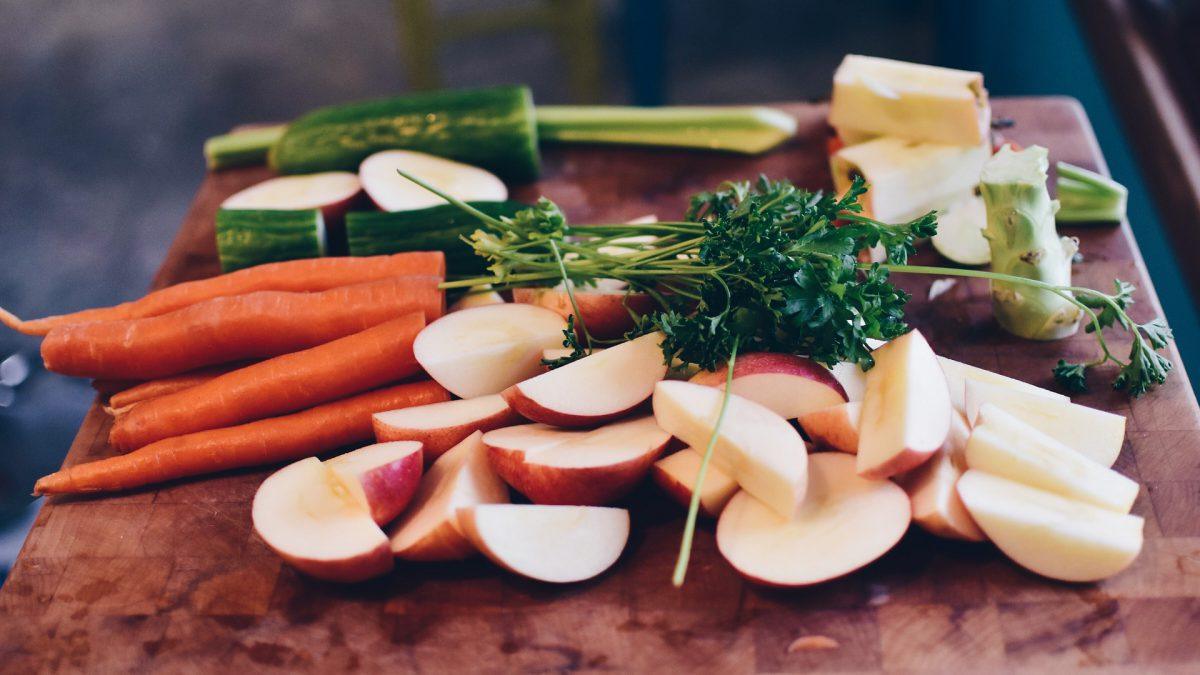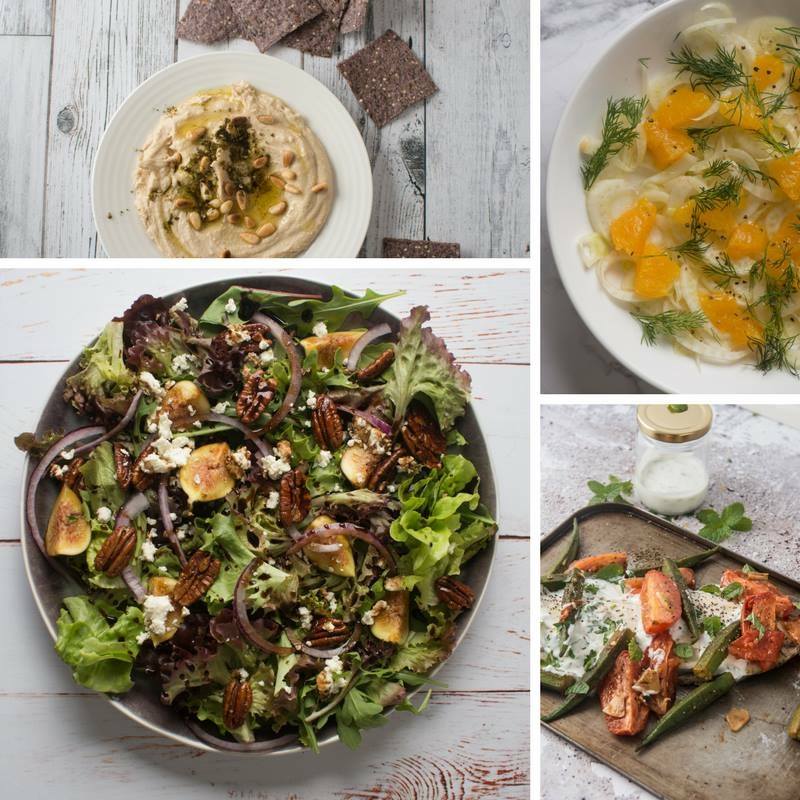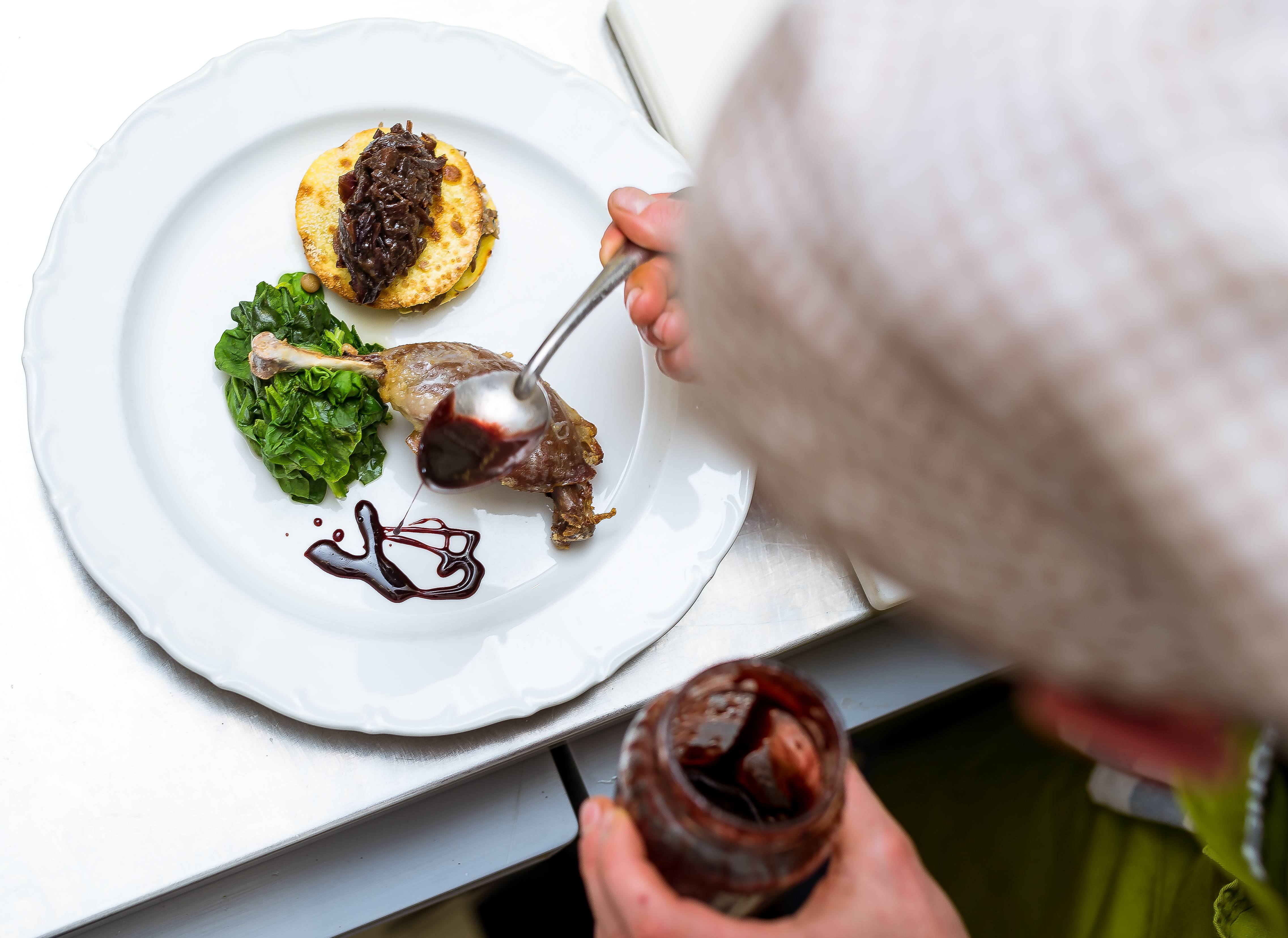Diet-related diseases are on the rise and have become a global problem. The good news is that many of us are increasingly more conscious that adopting a healthier lifestyle is crucial (by paying extra attention to what’s on our plates among other things). Preparing our meals from scratch undeniably makes it easier to control what we – and our loved ones – are eating. But for many of us, that is not possible – at least not all the time.
Many of us rely on helpers to assist us when it comes to feeding our tribe. While it is great to know that food will be ready when we get home – especially after a long tiring day – it doesn’t mean that we are always happy with what they come up with as it might not always be what we had in mind (as far as our health is concerned). Obviously, it doesn’t mean that they are not good cooks, only that they might not necessarily be aware of nutrition fundamentals and dietary factors – not everyone actually has the opportunity to access nutrition education (the topic is still overlooked in many schools).

No matter how good a cook your helper is, if she hasn’t had a proper education on what’s healthy and what’s not, she is less likely to prepare healthy meals, that’s a fact. Luckily, it is possible to educate her, and even your kids (starting at an early age ensures that they adopt healthy long-lasting cooking and eating habits), by teaching her about nutrition and the benefits of healthy cooking and eating habits and correcting wrong beliefs about food. Learning is only a matter of time and will, that’s all!
Here are a few tips to smooth her learning process:
- First things first, you could start by explaining why you are trying to promote healthy eating behaviours or adopting a particular diet – vegetarian, vegan or gluten-free for example – in your household.
- Teach her how to read the nutritional information on packages so she can identify what ingredients should be avoided. An informed consumer is less likely to make poor choices and buy non-healthy products. Invite her to pay extra attention to this.
- Buying the right food is key to ensuring that what ends up on your plate is actually good! Both of you could sit down and make the grocery list together – this will give you the opportunity to explain why you are opting for certain items over others.
- Print recipes for her and go through them together. At first, you might want to explain the benefits of the ingredients used and why it is important to stick to those.
- Encourage her to use healthier and varied ingredients when cooking. Ask her to go for fresh food and veggies in her recipes all while cutting down on saturated fat, sugar and salt.
- Introduce her to alternative cooking methods. If she is big on frying, help her understand that there are other options (that are both healthier and preserve the nutritious value of ingredients) and realize that depending on what she is cooking one method might be better than the others.
Remember: it is a learning process so it might take some time but it is definitely possible to correct wrong beliefs about food and absolutely worth it!





